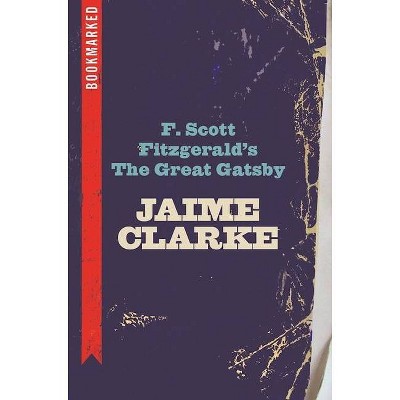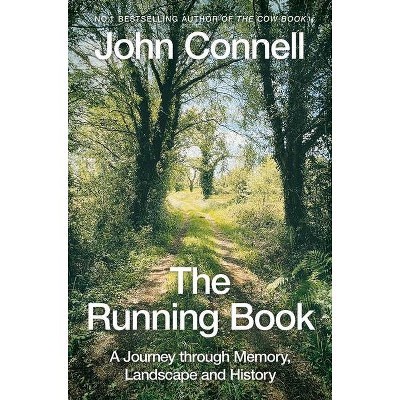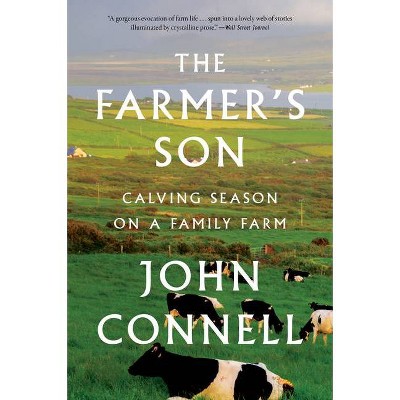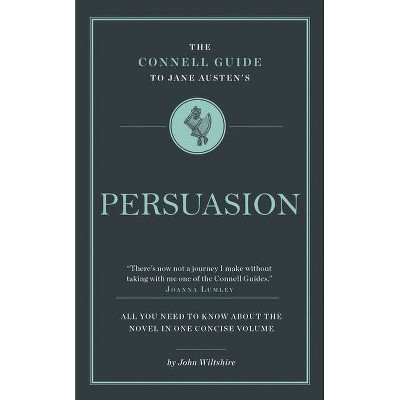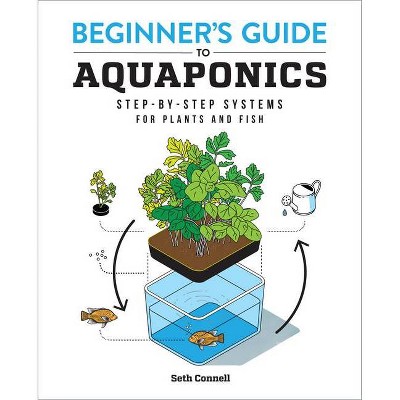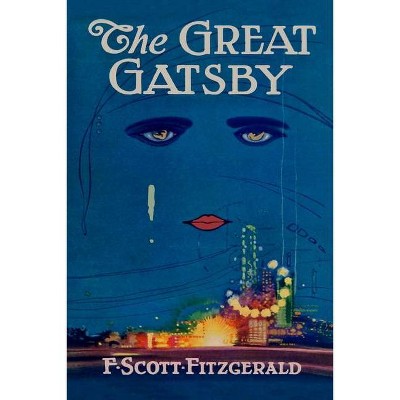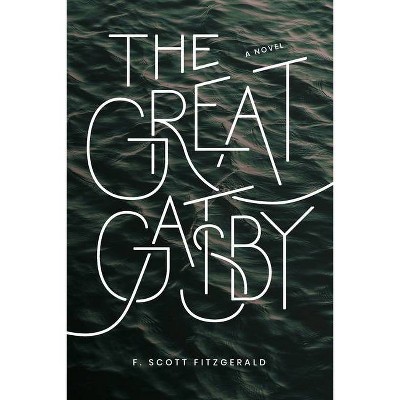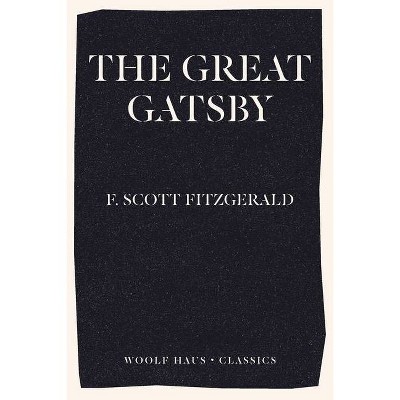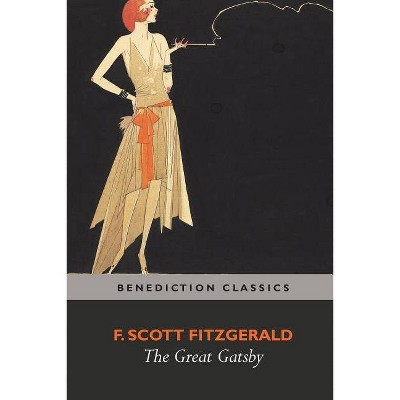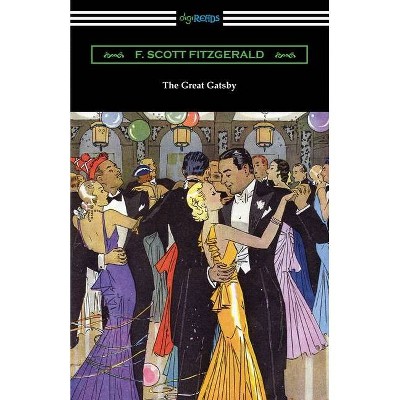F. Scott Fitzgerald's the Great Gatsby - (Connell Guide to ...) by John Sutherland & Jolyon Connell (Paperback)
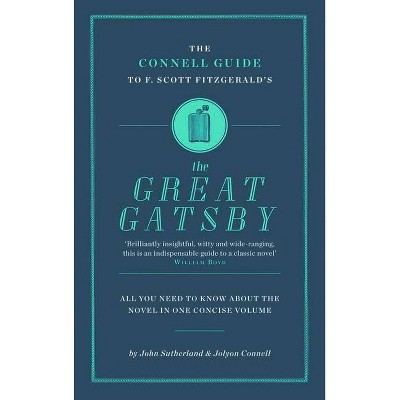
Similar Products
Products of same category from the store
AllProduct info
<p/><br></br><p><b> About the Book </b></p></br></br>"What makes The Great Gatsby so special? Why has it gained such immense and lasting popularity? This concise, easy-to-read guide will show that - though very much a product of its time - Fitzgerald's haunting tale of lost love and deferred dreams is a timeless moral fable, and one which taps deeply into the American psyche."--Publisher description.<p/><br></br><p><b> Book Synopsis </b></p></br></br>When The Great Gatsby was first published, in 1925, reviews were mixed. H.L. Mencken called it "no more than a glorified anecdote". L.P. Hartley, author of The Go-Between, thought Fitzgerald deserved "a good shaking" "The Great Gatsby is evidently not a satire; but one would like to think that Mr Fitzgerald's heart is not in it, that it is a piece of mere naughtiness." Yet, gradually the book came to be seen as one of the greatest - if not the greatest - of American novels. Why? What is it that makes this story of a petty hoodlum so compelling? Why has a novel so intimately rooted in its own time "lasted" into ours? What is it that posterity, eight decades later, finds so fascinating in this chronicle of the long-gone "Jazz Age", flappers, speakeasies and wild parties? It is, after all, scarcely a novel at all, more a long short story. But it has a power out of all proportion to its length. It is beautifully written, making it feel even shorter than it is, and is full of haunting imagery. It is also, perhaps, the most vivid literary evocation of the "Great American Dream", about which it is profoundly sceptical, as it is about dreams generally. In the end, however, as D.H. Lawrence would put it, it is "on the side of life". Gatsby's dream may be impossible, so much so that the book can end in no other way than with his death, but up to a point he is redeemed by it and by the tenacity with which he clings to it. It is this that makes the novel so moving and so haunting.<p/><br></br><p><b> About the Author </b></p></br></br>John Sutherland, described by Claire Tomalin as the sharpest and wittiest of literary commentators, is Lord Northcliffe Professor Emeritus, UCL, and has for many years been a visiting professor at the Californian Institute of Technology. He is the author of many books and more editions than he cares to count. He writes and reviews widely in the UK and the US. His most recent books are: The Boy who Loved Books (2007), Magic Moments (2008), Curiosities of Literature (2008), The Longman Companion to Victorian Fiction, 2nd Edition (2009), 50 Ideas in Literature You Really Need to Know (2010, with Stephen Fender). He's currently working on Lives of the Novelists. Jolyon Connell is the founder and editorial director of The Week and Money Week. A former Washington Correspondent of The Sunday Times, and deputy editor of The Sunday Telegraph, he has a first-class degree in English from the University of St Andrews and an honorary doctorate from the same university.
Price History
Price Archive shows prices from various stores, lets you see history and find the cheapest. There is no actual sale on the website. For all support, inquiry and suggestion messagescommunication@pricearchive.us
